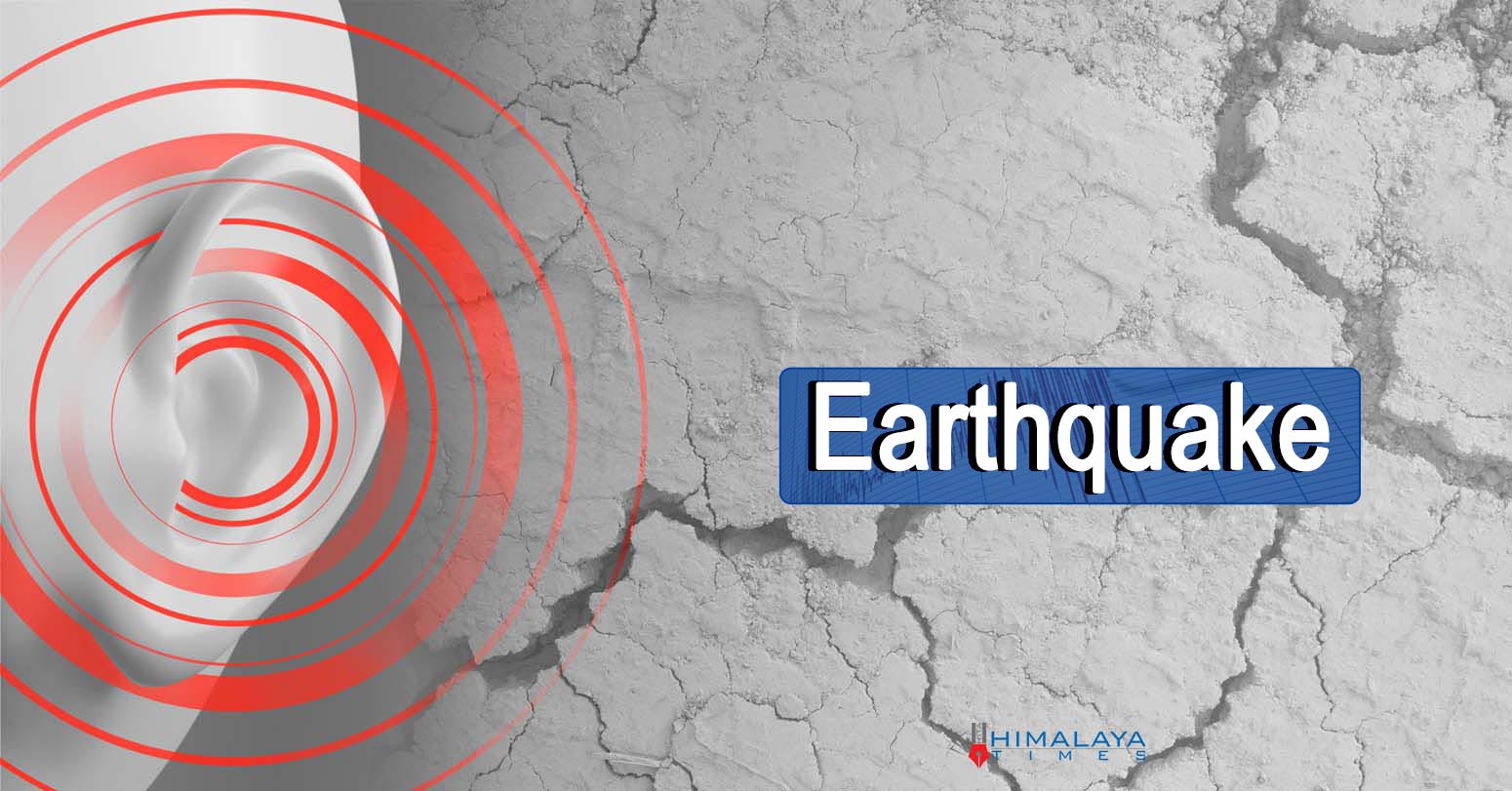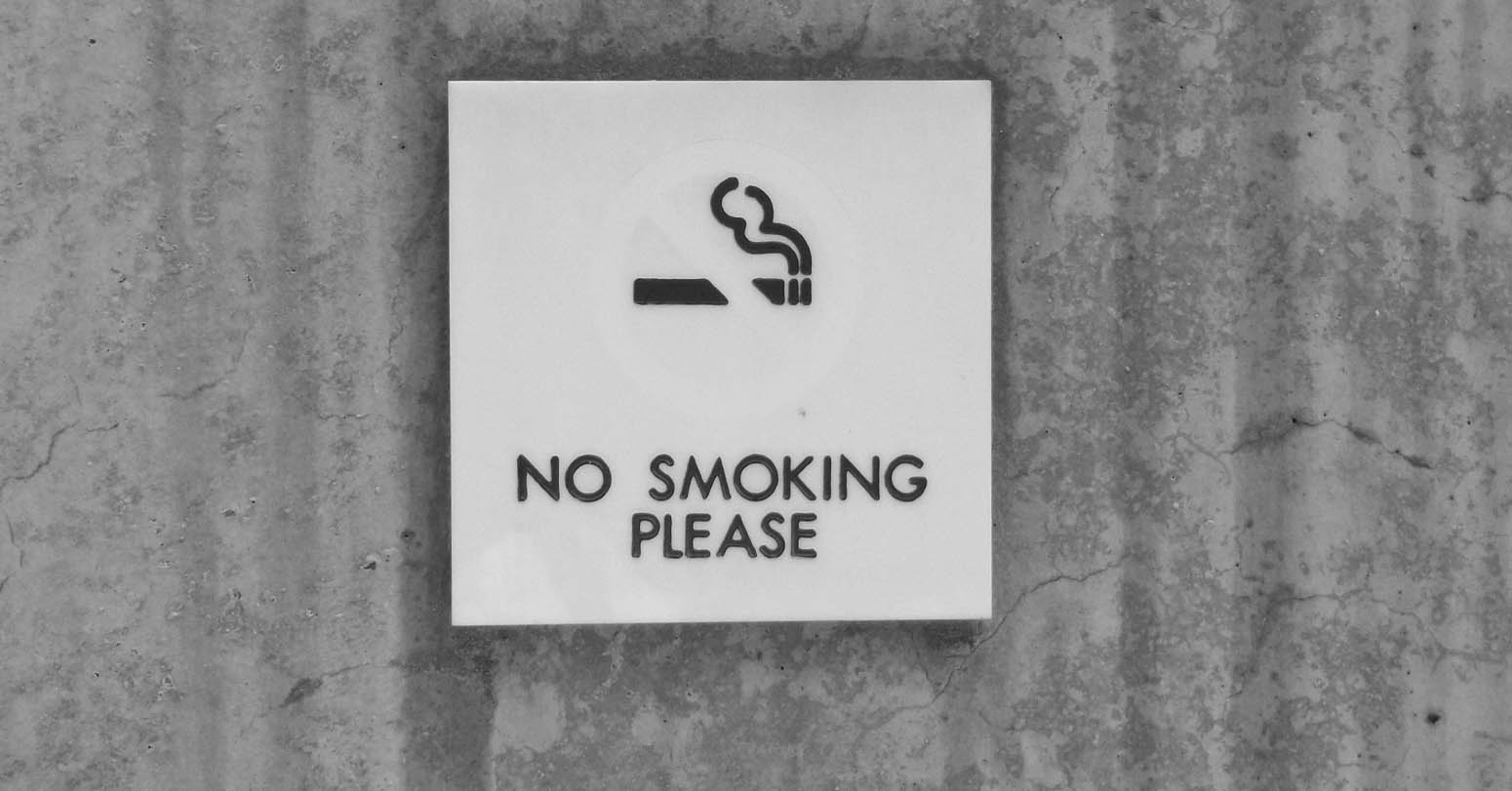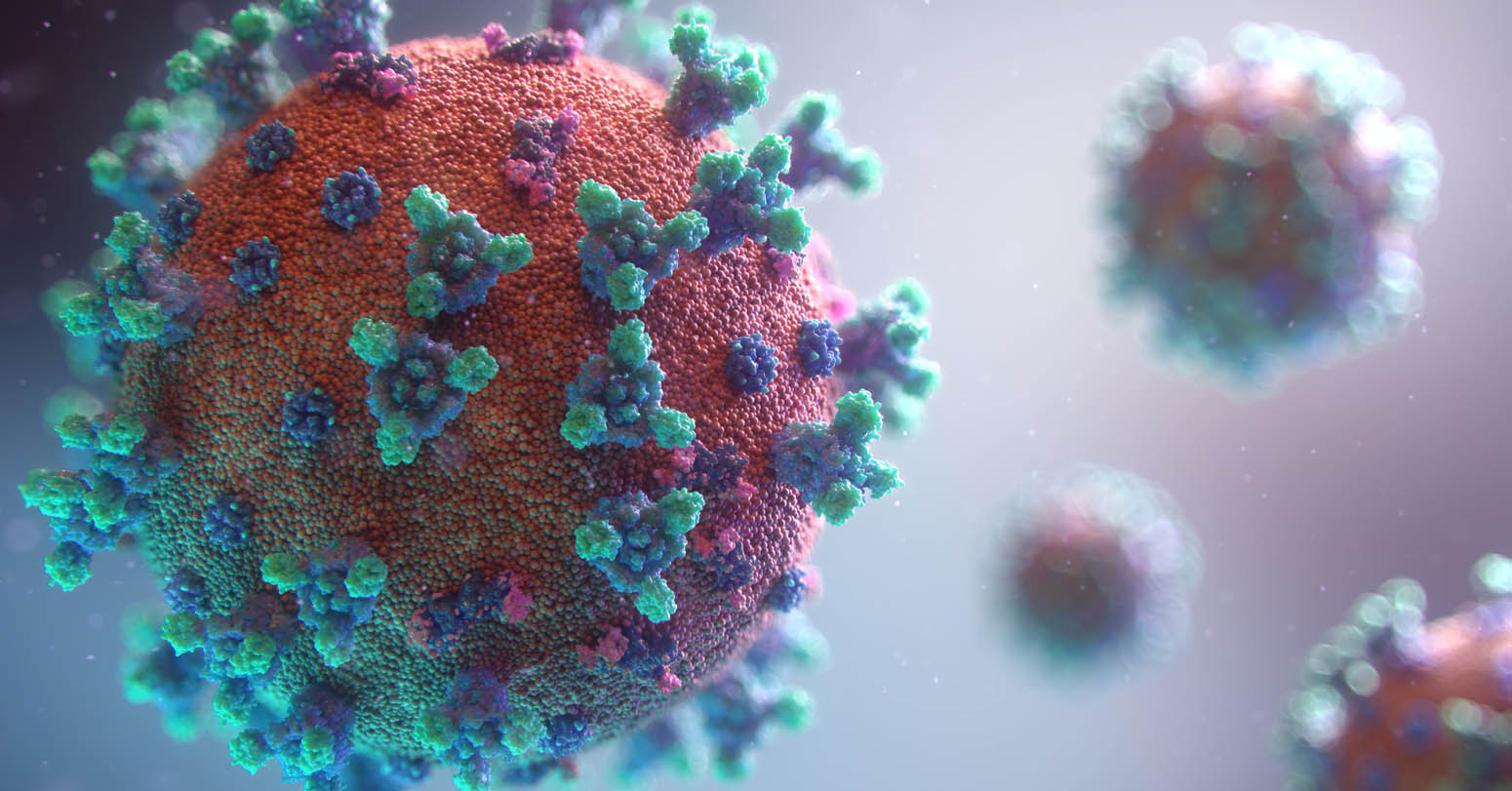Firefighter and paramedic Mike Camilleri once had no trouble hauling heavy gear up ladders. Now battling long COVID, he gingerly steps onto a treadmill to learn how his heart handles a simple walk.
“This is, like, not a tough-guy test so don’t fake it,” warned Beth Hughes, a physical therapist at Washington University in St. Louis.
Somehow, a mild case of COVID-19 set off a chain reaction that eventually left Camilleri with dangerous blood pressure spikes, a heartbeat that raced with slight exertion, and episodes of intense chest pain. Doctors were stumped until Camilleri found a Washington University cardiologist who'd treated patients with similar post-COVID heart trouble.
“Finally a turn in the right direction,” said the 43-year-old Camilleri. He started to see a little improvement –- only to have a recent reinfection knock him down again. Well into the pandemic's fourth year, how profound a toll COVID-19 has taken on the nation’s heart health is only starting to emerge.
“We are seeing effects on the heart and the vascular system that really outnumber, unfortunately, effects on other organ systems,” said Dr. Susan Cheng, a cardiologist at Cedars-Sinai Medical Center in Los Angeles.
For up to a year after a case of COVID-19, people may be at increased risk of developing a new heart-related problem, anything from blood clots and irregular heartbeats to a heart attack –- even if they initially seem to recover just fine.
Among the unknowns: Who’s most likely to experience these aftereffects? Are they reversible - or a warning sign of more heart disease later in life?
“We’re about to exit this pandemic as even a sicker nation” because of virus-related heart trouble, said Washington University’s Dr. Ziyad Al-Aly, who helped sound the alarm about lingering health problems. The consequences, he added, “will likely reverberate for generations.”
---
Heart disease has long been the top killer in the nation and the world. But in the U.S., heart-related death rates had fallen to record lows in 2019, just before the pandemic struck.
COVID-19 erased a decade of that progress, Cheng said. Heart attack-caused deaths rose during every virus surge. Worse, young people aren’t supposed to have heart attacks but Cheng’s research documented a nearly 30% increase in heart attack deaths among 25- to 44-year-olds in the pandemic’s first two years.
An ominous sign the trouble may continue: High blood pressure is one of the biggest risks for heart disease and “people’s blood pressure has actually measurably gone up over the course of the pandemic,” she said.
Some of these patients have what’s known as long COVID, the catchall term for dozens of symptoms that often include fatigue and brain fog. The National Institutes of Health is beginning small studies of a few possible treatments for certain long COVID symptoms, including a heartbeat problem.
But Cheng said patients and doctors alike need to know that sometimes, cardiovascular trouble is the first or main symptom of damage the coronavirus left behind.
“These are individuals who wouldn’t necessarily come to their doctor and say, ‘I have long COVID,’” she said.
-AP



















Middle-aged man spends millions to
Dr. Dharam Raj Upadhyay: Man
Children, Greatest Victims Of Sudan’s
Breathing The Unbreathable Air
Comprehensive Data Protection Law Critically
Gender Differences In Mental Healthcare